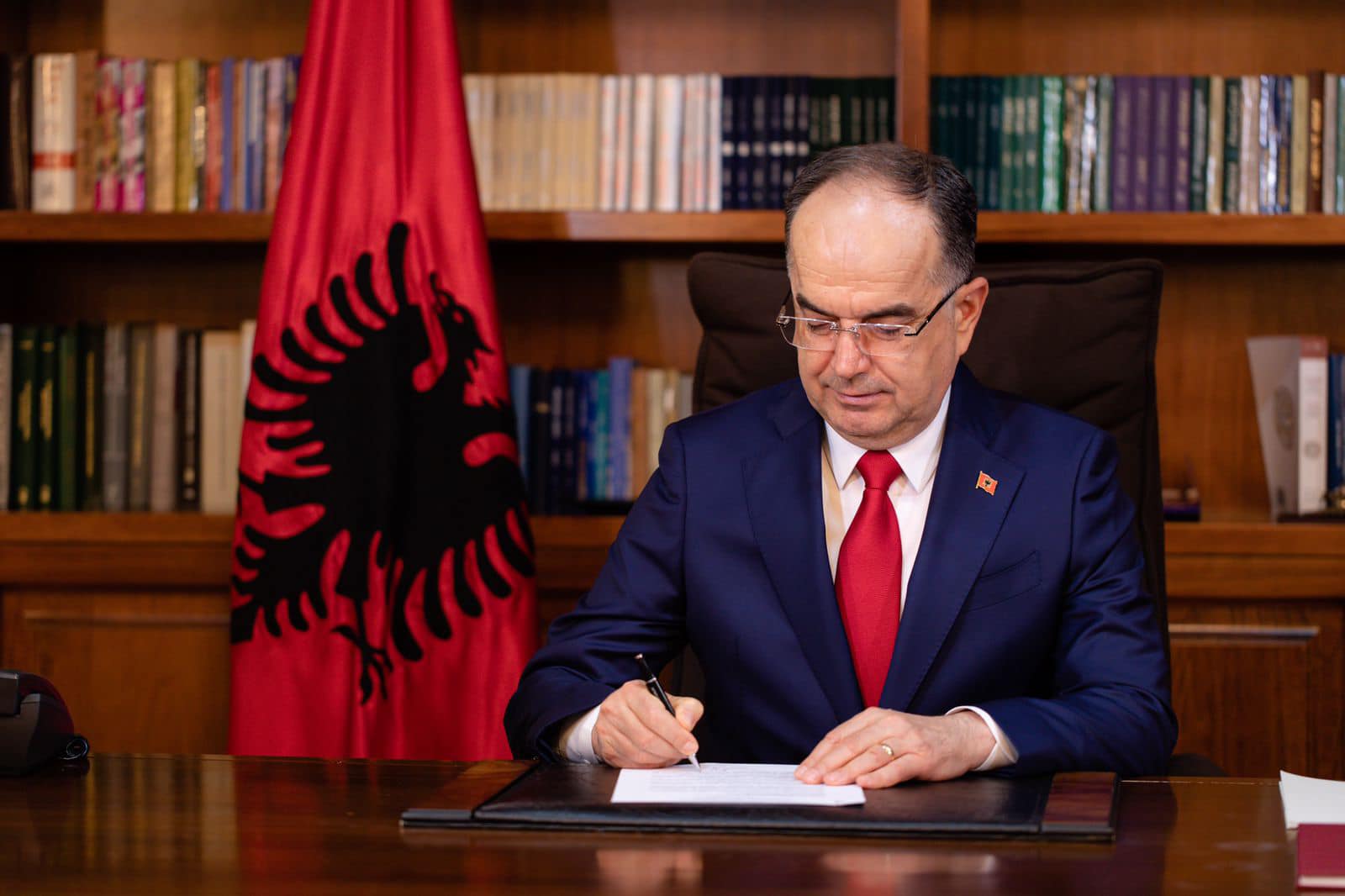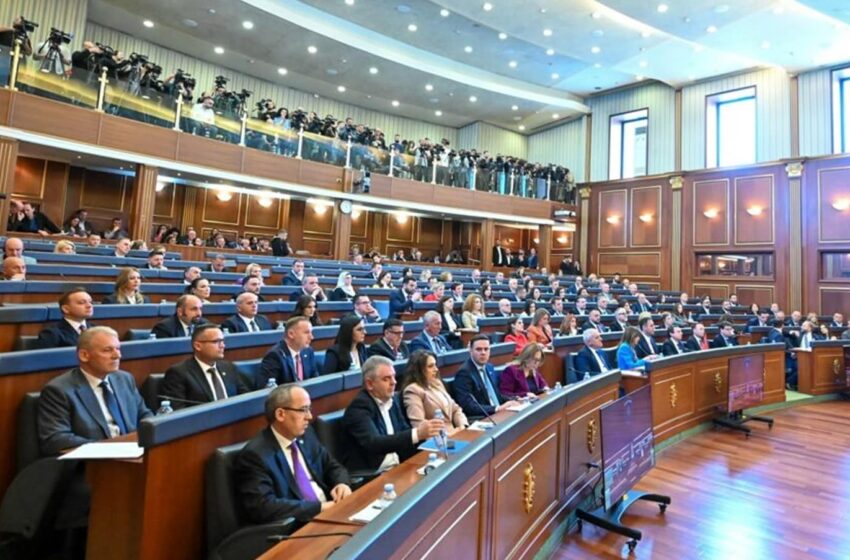President calls for immediate action to address microcredit abuse scheme

In a recent letter, the President urged members of the parliamentary committees on Economy and Finance, and on Legal Issues, Public Administration and Human Rights, to provide a comprehensive and definitive resolution to the abusive microcredit scheme.
Why is this important
The microcredit abuse scheme has been a glaring, and yet, unaddressed, issue over a 12-year period. The President’s letter highlights concerns that the misuse of microcredits exposes intentional failures on the part of the monitoring mechanisms of the Bank of Albania.
Context
Non-bank financial entities began purchasing troubled loans alongside their licensed lending activities in 2012. Their activity was not covered by the license issued by the Bank of Albania until March 2016. Previously, licenses were granted for activities such as all forms of lending, factoring, leasing, providing guarantees, foreign exchange, and advisory services, among others. The regulations specifically allowed microcredit institutions to engage only in lending and advisory services related to lending. Non-bank financial entities were required to seek prior approval from the Bank of Albania to engage in other financial activities.
In March 2016, the Bank of Albania recognized the situation where microcredit companies had been purchasing troubled loans from banks without prior approval and decided to legalize this practice by amending the regulations. However, this adjustment demonstrated inconsistencies. On one hand, the Supervisory Council of the Bank of Albania acknowledged the purchase of troubled loans as a form of lending and included non-bank financial entities that buy troubled loans within its supervisory scope. On the other hand, it did not initiate any measures against microcredit companies operating outside their license conditions.
The issue exploded as a public scandal when one of the scheme’s “victims,” whose properties were seized disproportionately to the consumer loan received, committed suicide in front of the headquarters of the Special Structure against Corruption and Organized Crime (SPAK). This individual had been struggling for years without being able to find any resolution for the abusive seizure of his properties.
The opposition has welcomed the President’s approach and has called for the establishment of a special commission to review the legal framework and encouraged the submission of the findings related to the microcredit fraud scheme to SPAK.


